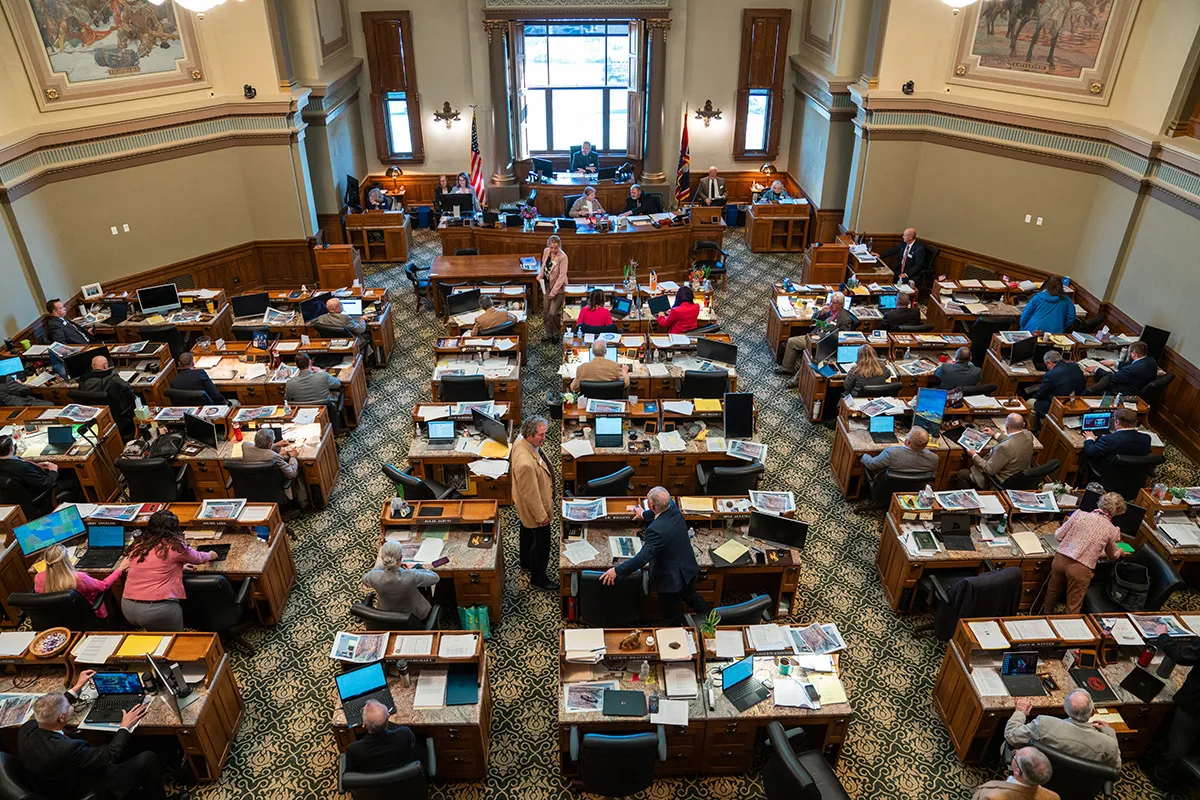China’s carbon emissions are now expected to peak later than once thought, with most climate experts predicting the turning point won’t come until the end of the decade, according to a new survey released Thursday.
Just one in five of those polled believe China has already hit its emissions peak or will do so this year, the China’s Climate Transition Outlook found. The majority, about 70 percent, expect emissions to crest by 2030, with 2028 emerging as the most commonly cited year.
That marks a sharp shift from last year’s survey, when 44 percent of respondents believed the peak would come by 2025 or sooner.
The annual survey, conducted by the Centre for Research on Energy and Clean Air (CREA) in Helsinki and the International Society for Energy Transition Studies in Sydney, gathered responses from 68 analysts across academia, government, and the energy sector.
China’s trajectory is under intense scrutiny as the world’s biggest source of greenhouse gases. Its climate strategy has only become more crucial as the United States, under President Donald Trump, prepares to withdraw from the Paris Agreement, the global pact that aims to limit warming to 1.5 degrees Celsius above pre-industrial levels.
In September, Beijing pledged to reduce its emissions by 7 to 10 percent from their peak by 2035, its first-ever absolute reduction target. But experts say the commitment still lags far behind what’s needed to keep global temperature goals within reach.
Even so, optimism remains: more than two-thirds of those surveyed said they expect China to “slightly” or “significantly” outperform its stated targets.










The latest news in your social feeds
Subscribe to our social media platforms to stay tuned